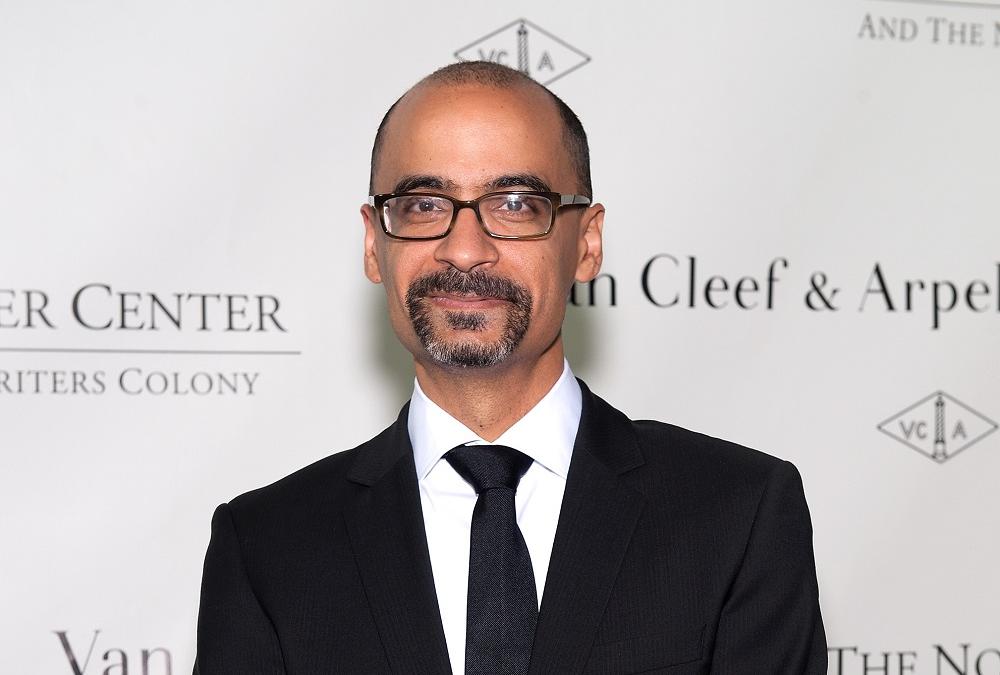
During a Sydney Writers Festival panel on Friday night, acclaimed Dominican-American novelist Junot Diaz was accused of sexual misconduct by an audience member, who later turned out to be fellow American writer Zinzi Clemmons.
Without identifying herself by name, Clemmons asked Diaz about an essay he had published in the New Yorker, detailing his experiences of childhood sexual assault. She then asked why he had similarly abused her six years before, when she was a grad student at Columbia university.
The question caused a stir at the panel, and Clemmons would go on to make accusations on Twitter, saying that, as a 26-year-old, she invited Junot Diaz to speak at a workshop, and that the writer “used it as an opportunity to corner and forcibly kiss” her.
Clemmons, the author of the 2017 novel What We Lose, said that she has copies of emails she sent to him after the alleged incident, and that she refuses to be silent as she believes that she is “far from the only one he’s done this to.”
https://twitter.com/zinziclemmons/status/992299032562229248
https://twitter.com/zinziclemmons/status/992299477905031170
Her Tweets prompted a number of others to come forward, including short story writer Carmen Maria Machado, who said that Diaz “went off” on her during a during a Q&A session when she asked a question that made him uncomfortable.
“During his tour for This Is How You Lose Her … when I made the mistake of asking him a question about his protagonist’s unhealthy, pathological relationship with women, he went off for me for twenty minutes,” she wrote.
She claims that Diaz raised his voice, called her “a prude who didn’t know how to read or draw reasonable conclusions from text” and hectored her with more and more questions as she became visibly uncomfortable in front of the panel.
“In the intervening years, I’ve heard easily a dozen stories about fucked-up sexual misconduct on his part and felt weirdly lucky that all (“all”) I got was a blast of misogynist rage and public humiliation,” she wrote, before slamming the writer’s “horrific” treatment of women.
https://twitter.com/carmenmmachado/status/992318618032455686
Writer Monica Byrne also said that she has been “waiting for this one to come out for a long time”, detailing a 2014 dinner party in which he verbally attacked her after a disagreement about a particular aspect of novel-writing:
“His voice had risen to a shout. He literally shouted the word “rape” in my face. This is after knowing me for maybe ten minutes. His response was completely bizarre, disproportionate, and violent. I was speechless and felt sick. I would have, anyway, but this was also only two weeks after I’d been sexually assaulted in Belize.”
“The dinner just got worse from there. I’ve never experienced such virulent misogyny in my adult life. Every point I made – ABOUT issues women face in publishing – he made a point of talking over me, cutting me off, ignoring me to talk to the other famous (male) writer at the table, who happily participated in the erasure (congratulations, Peter Straub, you were also awful that night).”
EJ Dickson, an editor at Men’s Health magazine, took to Twitter to slam Diaz, saying that “everyone in the literary world” knew or suspected, and that his New Yorker essay was “a preemptive strike if ever there was one.”
“We’re part of the problem and we can do better,” she wrote.
Everyone in the literary world/the media knew this, or suspected it. And yet, when Junot Diaz published his New Yorker essay — a preemptive strike if there ever was one — we gave him nothing but plaudits.
We’re part of the problem. And we can do better. https://t.co/EB4UgL0vhQ
— Ej Dickson (@ejdickson) May 4, 2018
After the story began to circulate, Junot Diaz issued a statement to the New York Times via his literary agent, saying merely:
“I take responsibility for my past. That is the reason I made the decision to tell the truth of my rape and its damaging aftermath. This conversation is important and must continue. I am listening to and learning from women’s stories in this essential and overdue cultural movement. We must continue to teach all men about consent and boundaries.”



